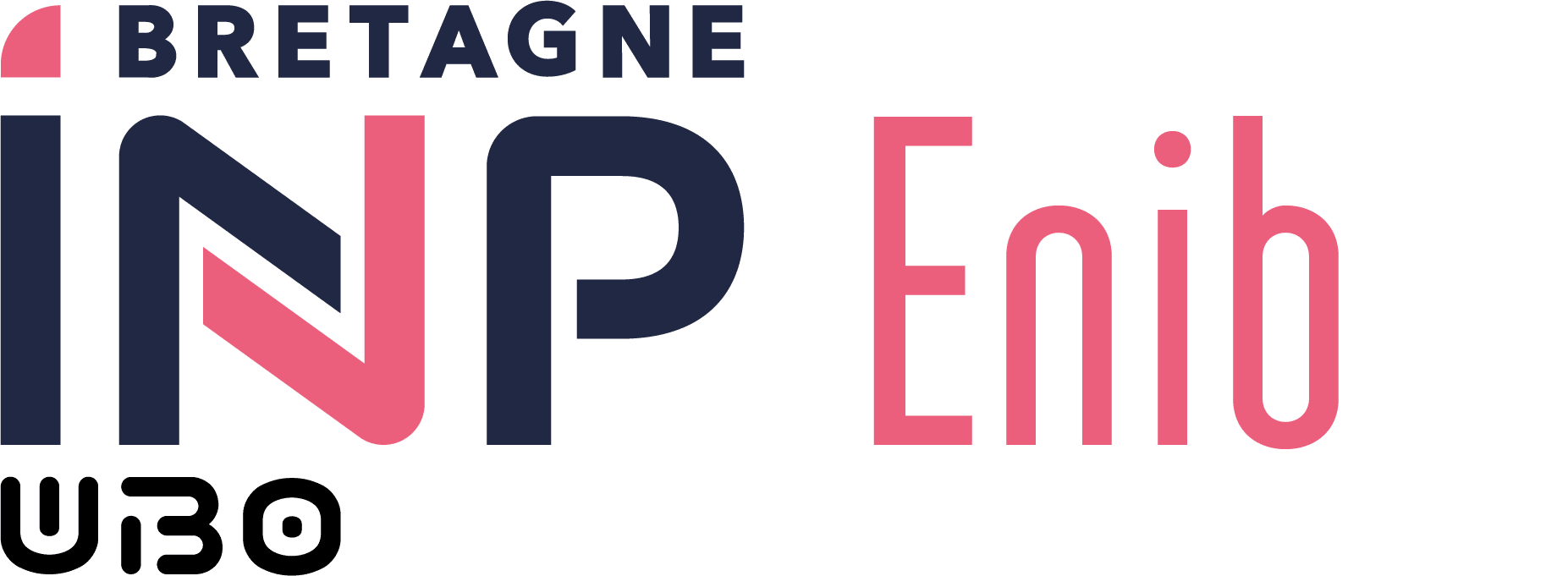Electronics III (03_XBELE)
- Coefficient : 2
- Hourly Volume: 45.0h (including 27.0h supervised)
- CTD : 27h supervised (and 4.5h unsupervised)
- Out-of-schedule personal work : 13.5h
AATs Lists
Description
The objective of the course is to introduce the electronic elements necessary to create analog interfacing circuits and carry out simple processing using a microcontroller.
- Components:
- Diode: characteristics and applications
- Bipolar transistor: network of characteristics and applications, optocoupler
- Junction field effect transistor: characteristics network and applications
- MOS transistor: characteristics network and applications
- Power and heat dissipation
- Operational amplifiers
- Structure and characteristics
- instrumentation amplifiers
- Analog-to-digital and digital-to-analog converters
- principles and characteristics
Implementation on a discrete component board and on an MSP430 microcontroller equipped with an Arduino compatible software layer.
Learning Outcomes AAv (AAv)
Aav1 [heures: 30, B2, B3, B4] : At the end of the semester, an S3 student will be able to explain the operation of a given circuit containing diodes, bipolar or field-effect transistors, optocouplers, operational amplifiers, make hypotheses about the operation of non-linear elements, and verify them by calculating circuit currents and voltages and/or LTSpice simulation, determine input-output relations analytically and verify them by LTSpice simulation.
Aav2 [heures: 15, B2, B3, B4] : At the end of the semester, an S3 student will be able to identify the essential characteristics of an ADC and a DAC (quantum, full scale, conversion time).
Assessment methods
A long test, average of several short tests and reports and lab tests
Key Words
Electronics, analog, digital, transistor, bipolar, MOSFET, amplifier, comparator, instrumentation, power, analog-to-digital conversion, digital-to-analog conversion, MSP430
Prerequisites
Electronics S1 et S2
Resources
- Handouts of courses, tutorials and practical work on moodle
- Introduction à l'électronique, cours et exercices corrigés - Domini-Quaranta
- Electronique tome 1 et 2, Chatelain { Dessoulavy, Traité d'électricité, d'électronique et d'électrotechnique
- The art of electronic, Horowitz and Hill, édition Cambridge University Press.
